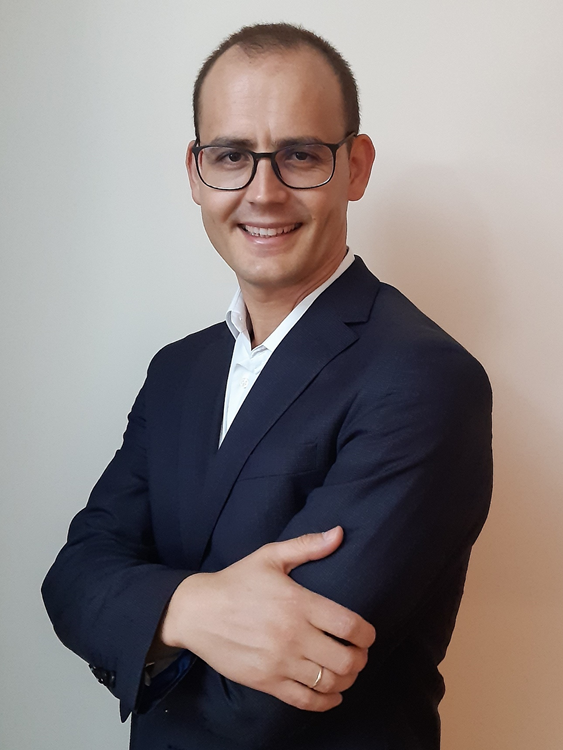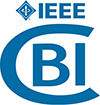Design Science Methodology for Business Informatics – Roel Wieringa
Business informatics studies and designs information technology in organizations. The mixed sociotechnical nature of its topic imposes constraints on its research methodology. Technical systems cannot be studied and designed in the same way as social systems. And the integration of technical and social systems poses special problems of its own. In this talk I review the generic methodology of design science, illustrate how these are applied in the CBI conference, and discuss how business informatics can develop explanatory and generalizable theories.

Roel Wieringa is emeritus Chair of Information Systems at the University of Twente, The Netherlands. His research topics ranged from formal specification, conceptual modeling, requirements engineering and risk analysis of information systems. In the past 20 years his research also included research methodology for information systems engineering and he published a book about this, Design Science Methodology for Information Systems and Software Engineering (Springer, 2014). Today, Roel helps companies design their digital ecosystem (www.thevalueengineers.nl), and he is very busy writing blogs about business models, business ecosystems, and the networked society.
Business Information Systems in the Quantum Era – Ricardo Pérez-Castillo
Quantum computing is destined to revolutionise how society will solve computationally challenging problems, i.e., those problems that cannot be addressed in a reasonable time frame. Quantum computing is, therefore, gaining increasing relevance due to its promising applications in many business domains. To such extent, that many experts consider this as the latest shiny new thing. At this point, most IT managers therefore wonder if quantum computing should be integrated in their information systems and, a more important question, how to do it. To succeed in this integration, quantum software is also required. Accordingly, quantum software engineering has become crucial, in that it attempts to apply or adapt existing methods and techniques (or propose new ones) for the analysis, design, coding, and testing of quantum information systems as well as playing a key role in ensuring quality in large-scale productions. In this talk, Ricardo will introduce landscapes and horizons on quantum computing and guide us through the area of quantum software engineering to design and build classical-quantum information systems.

Ricardo Pérez-Castillo holds the Ph.D. degree in Computer Science from the University of Castilla-La Mancha (UCLM), Spain. He is currently an associate professor at the IT & Social Sciences School of Talavera de la Reina at UCLM, where he is also the Academic Director at Vice-Rectorate of postgraduate programs and lifelong learning. His research and lecture career have been made compatible with professional jobs at some consultancy companies such as Indra, itestra GmbH and Deloitte, where he was able to conduct technological transfer projects. His main research contributions and technology transfer has been made in the field of software modernization and reengineering of legacy information systems. In 2018 he joined as senior research to the aQuantum Joint Research Unit (Alhambra IT-UCLM), and his research focused on modernization from/to hybrid (classical-quantum) information systems. He is the co-author or more than 30 articles and 50 communications in conferences, as well as participated in various books. He is also a promoter and co-author of The Talavera Manifesto for Quantum Software Engineering and Programming.
